(QBĐT) - Currently, students of all levels have returned to school, along with the changing weather, which increases the risk of children contracting infectious diseases, especially dengue fever, measles, whooping cough, hand, foot and mouth disease and some respiratory diseases. "The effective solution to prevent infectious diseases for children is: Vaccination on schedule, with enough doses of vaccines to prevent diseases in the Expanded Immunization Program", the Provincial Center for Disease Control (CDC) recommends.
Vaccination rate increased by 15.5%
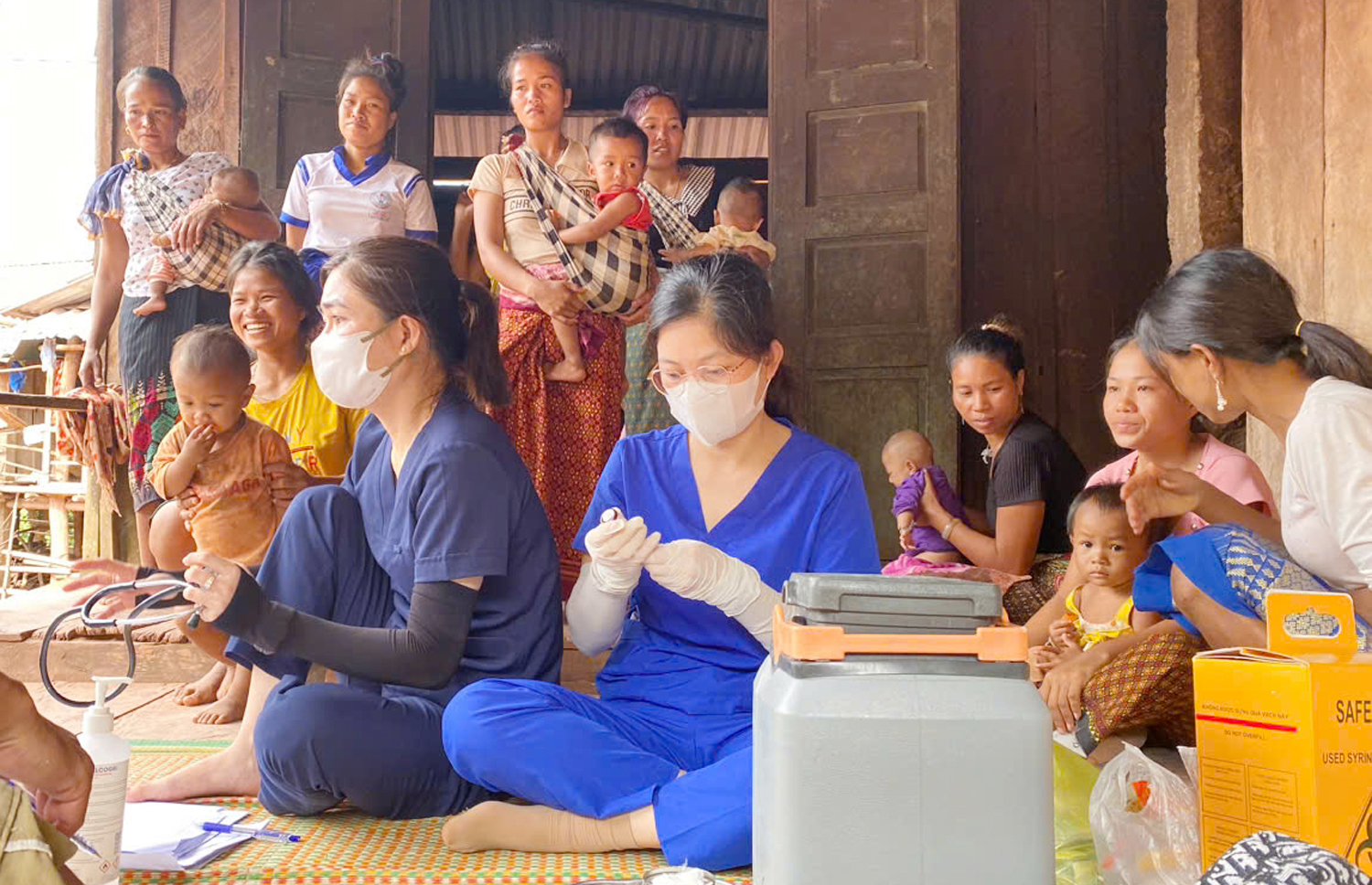 |
According to Director of the Provincial CDC Do Quoc Tiep, from the beginning of 2024 until now, the unit has received 192,090 doses of various vaccines (5 in 1, tuberculosis, hepatitis B, polio, measles, tetanus, Japanese encephalitis, measles-rubella, diphtheria-pertussis-tetanus) from the Pasteur Institute in Nha Trang. After receiving the vaccines, the unit quickly distributed them to medical centers and a number of hospitals for timely vaccination, enhancing immunity for children of child-age and pregnant women.
Up to now, the EPI situation in localities has improved, many children born in 2024 have been fully vaccinated and are continuing to implement catch-up vaccinations for those born in 2023. Accordingly, in the first 8 months of 2024, in the province, 7,958 children under 1 year old were fully vaccinated with basic immune vaccines, reaching 67% of the yearly plan, an increase of 15.5% over the same period in 2023.
Strengthen disease prevention and control
As of September 24, 2024, Quang Binh recorded 1,370 cases of dengue fever, 3.5 times higher than the same period in 2023; 6 cases of whooping cough, 33 cases of hand-foot-mouth disease; there were 2 deaths related to dengue fever in Quang Trach and Minh Hoa districts.
To proactively prevent and combat infectious diseases, the health sector regularly closely monitors the international and domestic epidemic situation and promptly deploys disease prevention and control measures. The provincial CDC directs district-level health centers to strengthen surveillance and early detection of disease cases and outbreaks in the community; proactively assess risks and analyze the situation to promptly deploy measures to handle outbreaks and organize vaccination campaigns.
 |
At the same time, strengthen dengue prevention and control activities in households, organize environmental sanitation campaigns to kill mosquito larvae; spray chemicals to kill mosquitoes in areas at high risk of epidemics; organize inspection teams, promptly direct disease prevention and control work, focusing on areas with recorded outbreaks and localities with low vaccination rates.
Doctor Do Xuan Tinh (Bo Trach Medical Center) said that since the beginning of 2024, every time the unit receives vaccines, it immediately allocates them to health stations to vaccinate children in the area. However, for the two border communes of Tan Trach and Thuong Trach, due to the large area, some villages are far away, difficult travel conditions and ethnic minorities are not aware of the importance of vaccination, along with the lack of EPI vaccines in recent times, it has greatly affected the vaccination rate here.
As of August 2024, the rate of full vaccination of children in these two communes is still low: Tan Trach reached 52% and Thuong Trach only reached 23.7%. At the end of August, in Con Roang village (Thuong Trach), a case of whooping cough was recorded in a child under 1 year old. Bo Trach District Medical Center promptly organized a mobile vaccination team to coordinate with the health station to bring vaccines directly to the most remote villages to carry out catch-up and sweep vaccinations for all children under 2 years old in Tan Trach and Thuong Trach communes to improve community immunity of children in border areas.
In particular, when students return to school, the provincial CDC proactively promotes communication on disease prevention and control at schools, equipping students with basic knowledge about infectious diseases, how to prevent some common and emerging infectious diseases today, such as dengue fever, measles, rabies, monkeypox, etc.; instructing students to practice healthy habits, maintain hygiene in eating, personal hygiene and environmental sanitation.
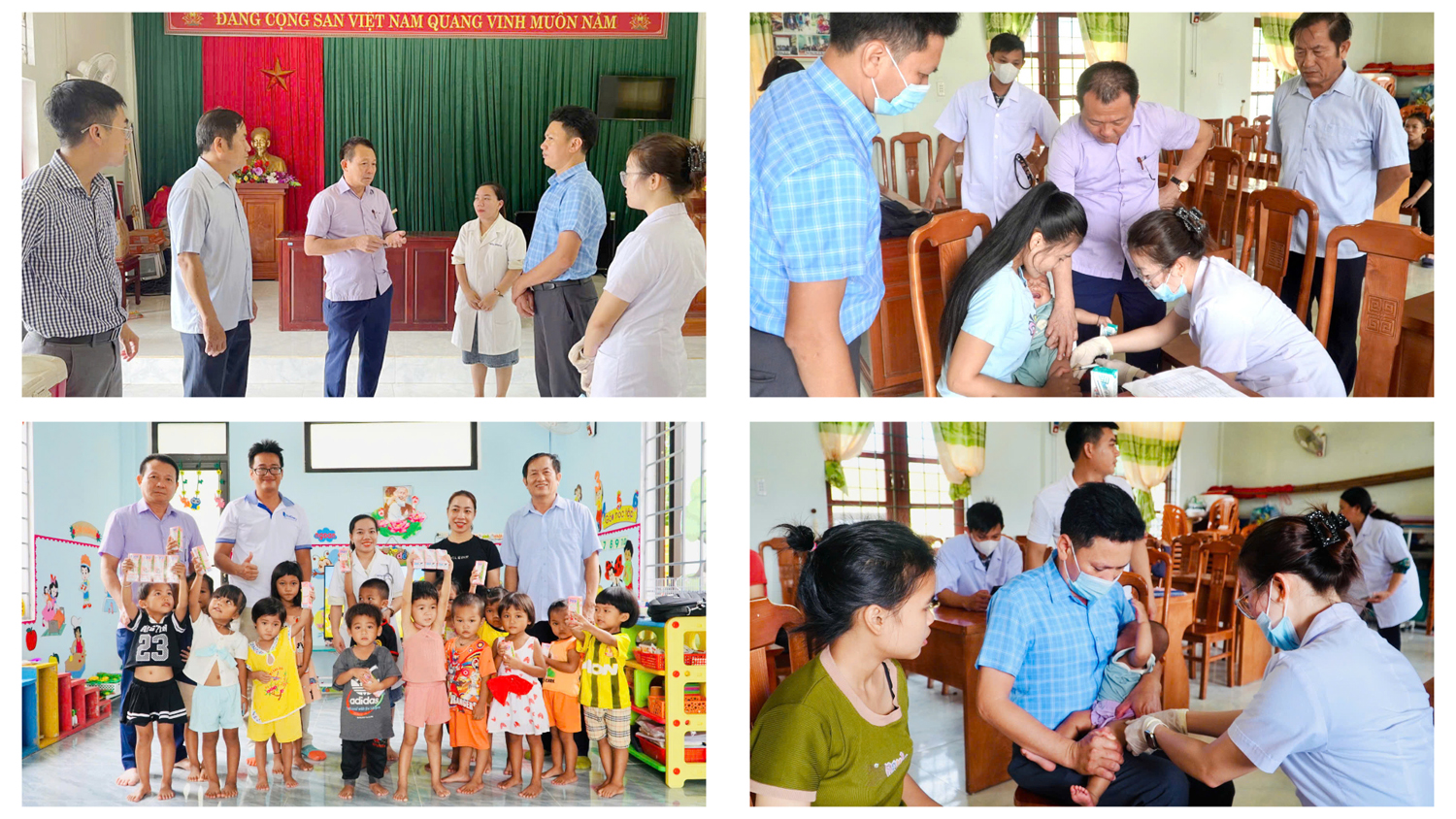 |
"Chaos" in vaccine service prices
According to the list of facilities eligible for vaccination announced on the Department of Health's electronic information portal on September 24, in addition to health stations in communes, wards and towns performing regular vaccination tasks in the EPI Program, there are 26 facilities eligible for vaccination in the province. Of these, there are 14 public facilities and 12 non-public facilities.
In recent times, these vaccination service facilities have made a significant contribution to the coverage of vaccines for children to prevent and control infectious diseases in the province, especially at times when the supply of vaccines in the EPI Program was interrupted.
The opening of service vaccination facilities in many localities has created favorable conditions for people to quickly access vaccines when needed. However, many people using vaccination services at these facilities have shared concerns about the prices of domestically produced and imported vaccines.
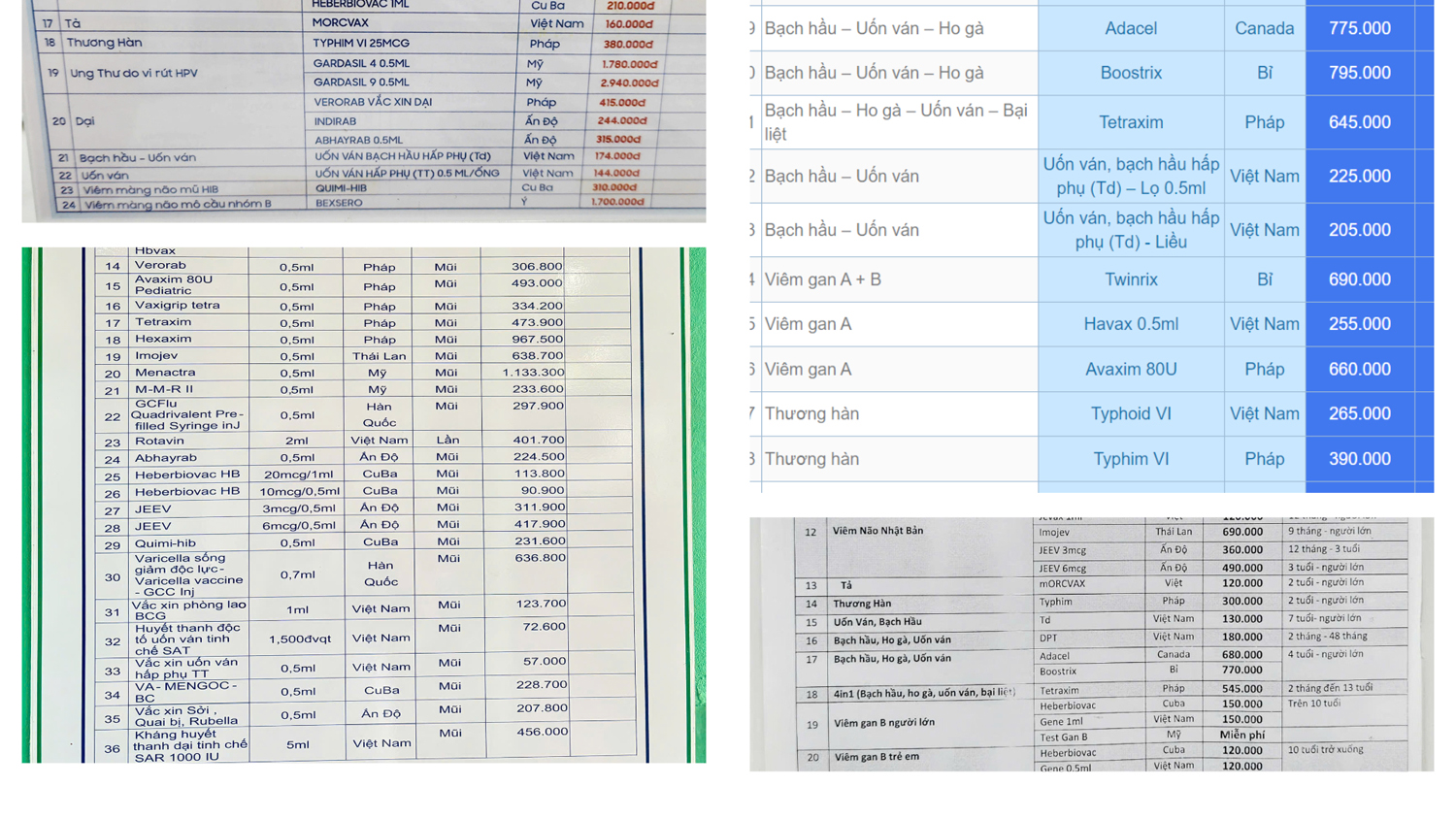 |
For example, the diphtheria-tetanus vaccine (Td) produced in Vietnam, which has been widely vaccinated by people in recent times due to concerns about the diphtheria outbreak, costs 205-225 thousand VND at VNVC Quang Binh; 174 thousand VND at Long Chau vaccination facility; and 130 thousand VND at Tam An Preventive Treatment and Consultation Clinic (Quang Phong Ward, Ba Don Town). Or the adsorbed tetanus vaccine (TT) produced in Vietnam at VNVC Quang Binh costs 149 thousand VND; 144 thousand VND at Long Chau vaccination facility; and 57 thousand VND at the CDC Provincial Vaccination Center...
According to the VNVC Vaccination System, the vaccine price at VNVC includes free examination with a team of highly specialized doctors, free premium customer care services; fees for the emergency system to handle post-vaccination reactions right at the VNVC center (if any); fees for documents and publications serving customers; costs of calls and messages reminding vaccination schedules; fees for customer care on multiple platforms; fees for storing vaccination history information, etc.
Chief Inspector of the Department of Health Mai Thanh Hai said: “Vaccines are also a type of commodity circulated on the market and are subject to the Law on Prices. Vaccine prices at public vaccination facilities are calculated according to bidding prices and service costs as prescribed by the Ministry of Health and must comply with the Law on Prices; while vaccine prices at non-public facilities are calculated according to the actual costs of the facility owner and must be publicly listed. The health sector will be responsible for post-inspection to ensure vaccination safety and will strictly handle any facility that increases prices inconsistently with the listed prices.”
| To proactively prevent and control the epidemic during the 2024-2025 school year, the Provincial People's Committee requested the Department of Education and Training to closely coordinate with the health sector to guide educational institutions, especially kindergartens and nurseries, to implement epidemic prevention and control measures, such as: Closely monitor the health of children and students, promptly detect cases with signs of suspected illness to notify health facilities for coordination in handling; instruct on good personal hygiene, regularly wash hands with soap and clean water; ensure clean, airy classrooms and adequate lighting. At the same time, coordinate propaganda and mobilize families and parents to take their children to get vaccinated fully and on schedule according to the instructions of the health sector. |
Hanoi
Source: https://www.baoquangbinh.vn/suc-khoe/202409/tiem-vac-xin-dung-lich-du-lieu-giai-phap-phong-benh-truyen-nhiem-an-toan-cho-tre-em-2221284/



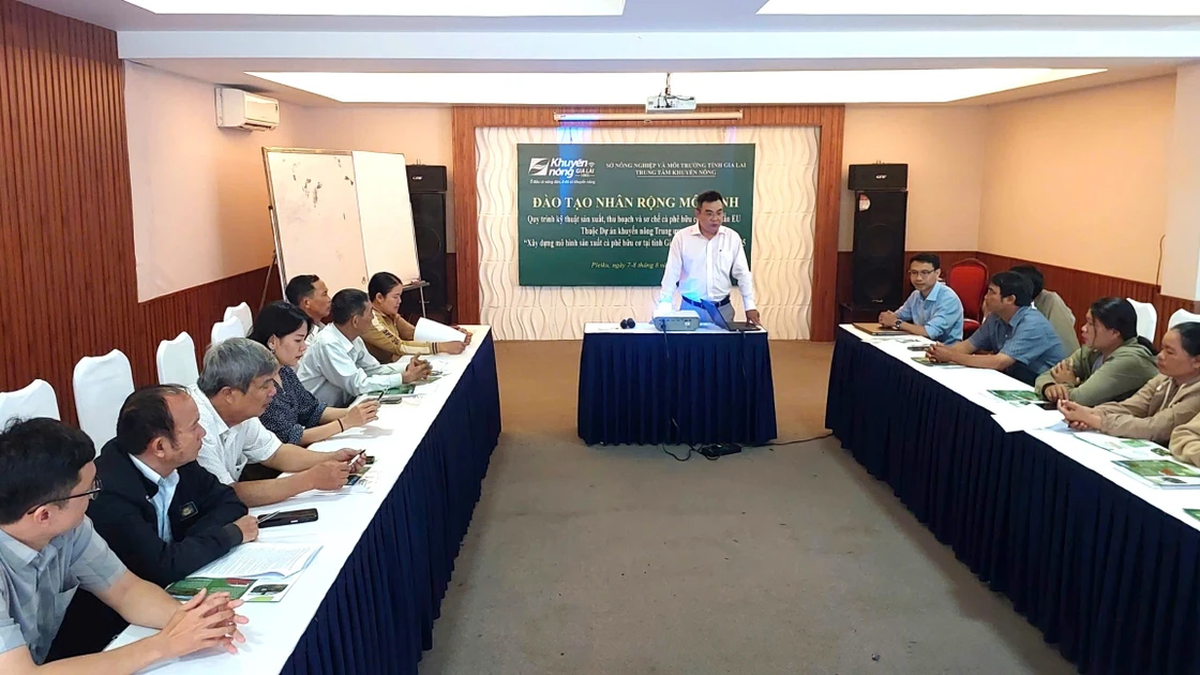







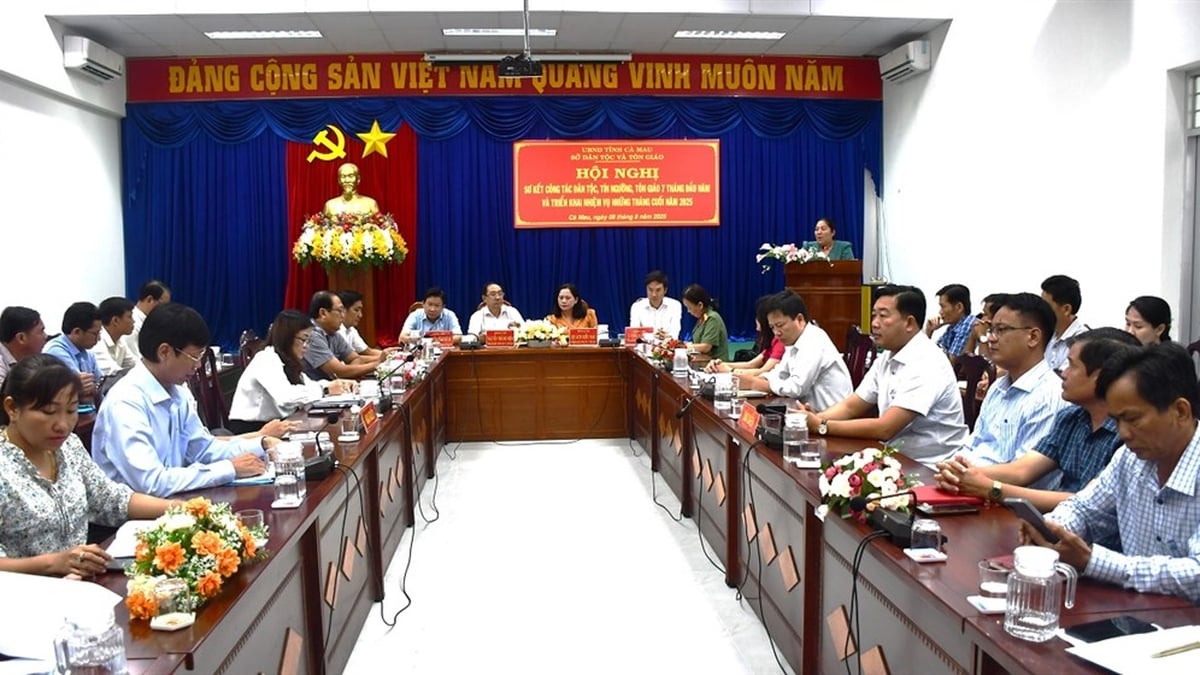




















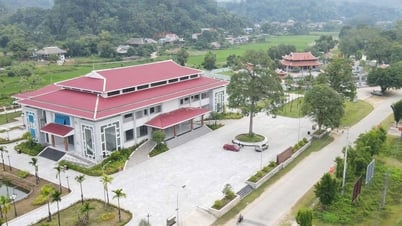


























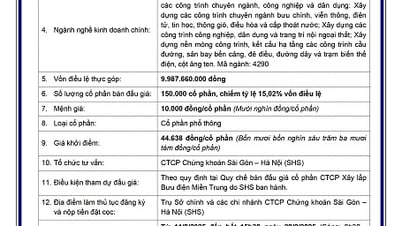
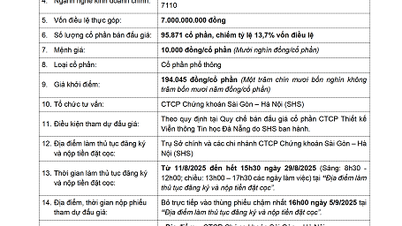



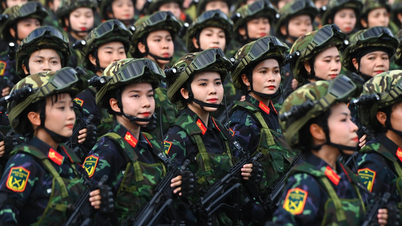









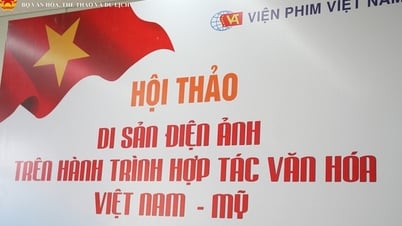

























Comment (0)